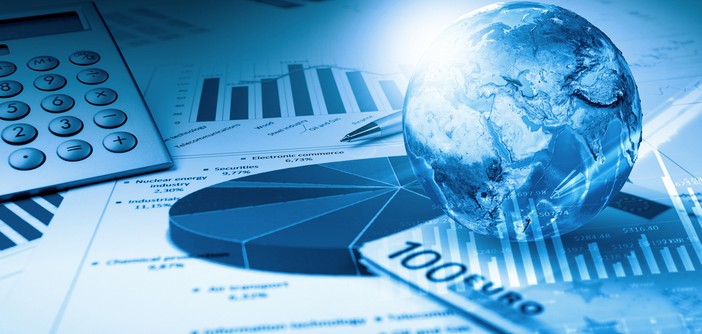Beyond the cost of security measures, both private and public, the November 13 attacks undoubtedly had a negative impact on tourism and household consumption at the end of the year.
They may therefore slightly slow down the economic recovery that began in 2015.
This recovery is not, in any case, very dynamic, judging by the third-quarter figures and the fourth-quarter forecasts published by INSEE, which should allow growth to slightly exceed 1%.
Nothing to boast about, however, in a generally, initially, exceptionally favorable context with a barrel of oil at less than 50 dollars, the euro back at 1.10 dollars, and the ECB implementing a low-interest credit policy through Quantitative Easing.
In detail, household consumption is increasing slightly, and business investment has finally returned to its 2008 level. However, household investment—home buying and construction—continues to remain sluggish, while public investment is plunging due to budgetary restrictions.
As for external competitiveness, so ardently sought after with the reductions in labor costs linked to the CICE and the Responsibility Pact, it has not improved. On the contrary, exports fell by 0.6% while imports increased by 1.7%.


